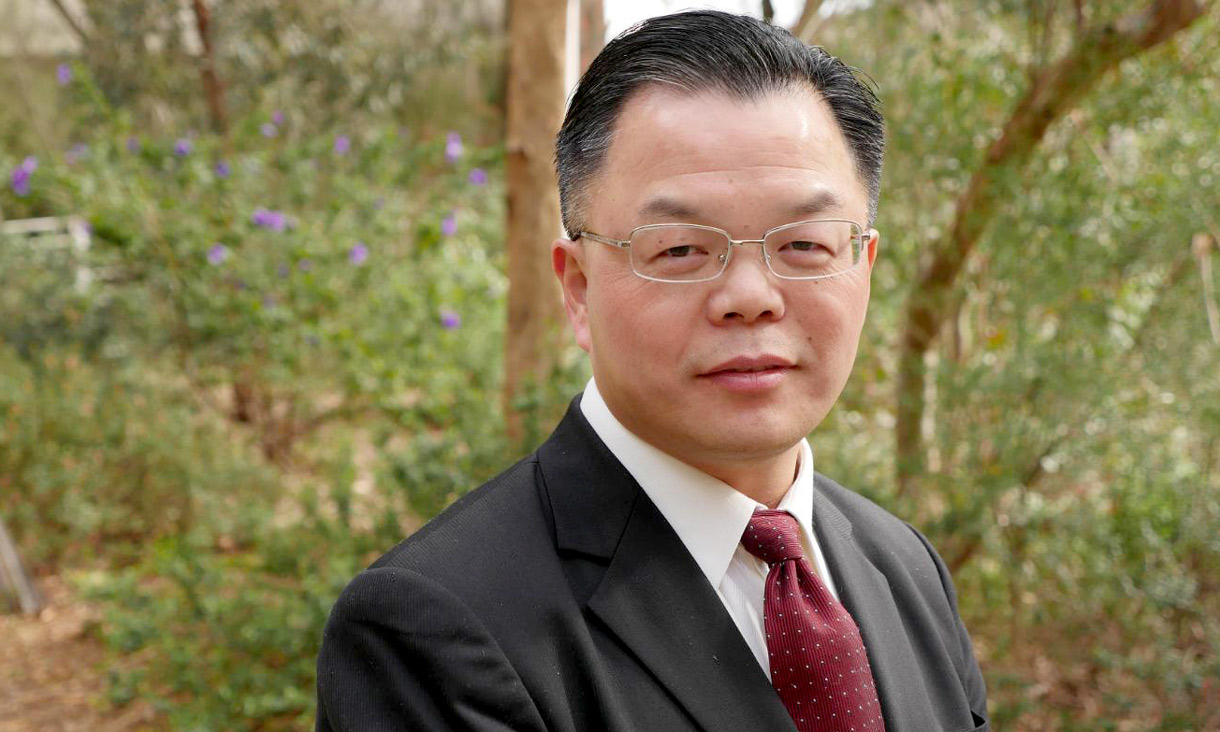Our expertise in Chinese medicine supports a World Health Organisation programme to integrate traditional medical practice into public healthcare around the globe.
About the centre
RMIT University has a long history of research and teaching in the field of Chinese medicine, including being the first public university outside mainland China to offer a comprehensive undergraduate program for training practitioners.
The World Health Organization (WHO) Collaborating Centre for Traditional Medicine at RMIT University was established in 2005. It is part of the traditional and complementary medicine area of work in WHO’s Essential Medicines and Health Products programme.
In particular, the centre supports the work of the WHO Traditional Medicine Strategy 2014–2023, which assists Member States develop policies and implement plans that strengthen the role traditional medicine (TM) plays in keeping populations healthy.
Terms of reference
1. Provide technical support to WHO/WPRO to develop TM information health data
Activities
- Review the extent of usage of TM in Australia based on published data either in peer-reviewed quality journals or government reports
- Support WHO activity in production, maintenance and update of TM information of Australia
2. Mapping of TM education and workforce in the Western Pacific Region
Activities
- Review the existing formal education on TM in the Western Pacific Region
- Undertake desk review of existing TM workforce in selected member states of Western Pacific Region
3. Assist the development of TM use survey instrument for specific member states
Activities
- Develop survey instruments/tools to assist member states (based on experience and expertise of conducting “A national population-based survey on use of TM in Australia”)
- Assist to introduce the tools and advisement for the conduct of a survey in selected member states
4. Co-organise Western Pacific Regional workshop - “Traditional medicine education in the Western Pacific”
More information

Distinguished Professor Charlie Xue
Director, WHO Collaborating Centre for Traditional Medicine